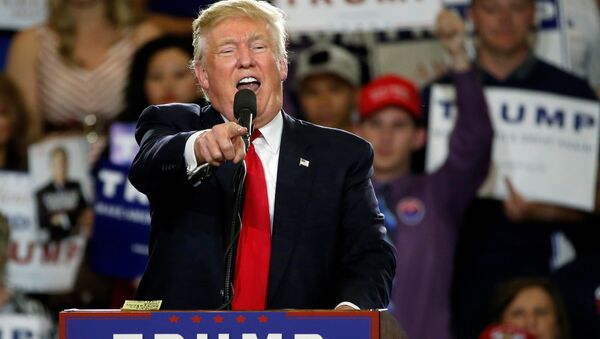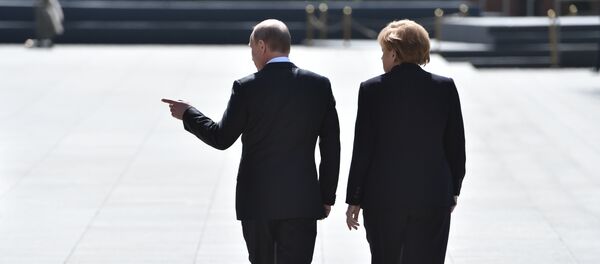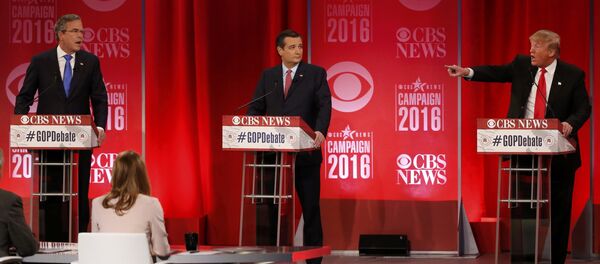There is an abyss between "fascism" and the rise of nation-states reasserting themselves as "the primary vehicle of political life," George Friedman, an internationally recognized geopolitical forecaster and strategist, writes in his article for Geopolitical Futures.
"Recently, there have been a number of articles and statements asserting that fascism is rising in Europe, and that Donald Trump is an American example of fascism. This is a misrepresentation of a very real phenomenon," the renowned strategist narrates.
"What we are seeing is the rise of the nation-state against the will of multinational organizations and agreements," Friedman emphasizes.
To add insult to injury, Brussels imposed restrictive measures on Russia back in 2014; predictably, the EU sanctions backlashed against the European nations, triggering further controversy.
The final straw that is about to break the camel's back is the ongoing refugee crisis that has engulfed Europe since 2015.
However, Brussels is still in denial of the fact that it has shot itself in the foot by pursuing inconsistent domestic and foreign policies. Instead of looking in the mirror omnipotent EU bureaucrats point the finger of blame at Euroskeptics and right-wing political parties branding them as "fascists."
Much in a similar vein American neocons have unleashed an all-out propaganda campaign against Donald Trump, lambasting him for his anti-immigration stance as well as his remark that NATO has become an obsolete alliance.
"Arguing that being part of the European Union is not in the British interest, that NATO has outlived its usefulness, that protectionist policies or anti-immigration policies are desirable is not fascist. These ideas have no connection to fascism whatsoever," Friedman underscores.
Furthermore, according to the geopolitical forecaster, "it would be irresponsible" for ordinary citizens and leaders not to raise questions whether or not to stay in the EU, given Brussels' failures to deal with economic and social crises.
Likewise, there is no reason for Donald Trump to remain mute and not to challenge the concept that free trade "is always advantageous" or to doubt NATO's usefulness.
"However obnoxious his [Trump's] style and however confusing his presentation, he is asking questions that must be asked," Friedman stresses.
Although there could be some real fascists among those who oppose the EU or immigration, all opposition groups and parties should not be tarred with the same brush.
"We are seeing a return to nationalism in Europe and the United States because it is not clear to many that internationalism, as followed since World War II, benefits them any longer," Friedman emphasizes.
"They may be right or wrong, but to claim that fascism is sweeping Europe and the United States raises the question of whether those who say this understand the principles of fascism or the intimate connection between nationalism and liberal democracy," he concludes.




